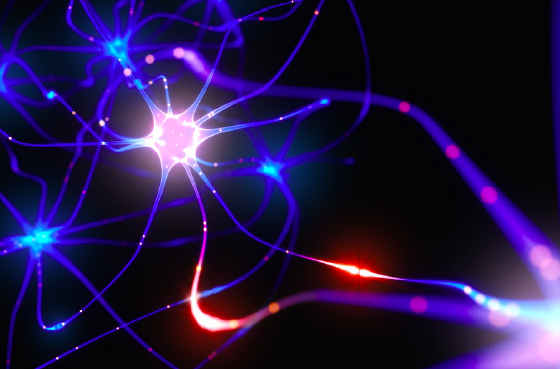Neurogenesis: Gene-Based Strategies for Treating Ischemic Stroke
DOI:
https://doi.org/10.52243/bptjm.v1i2.22Keywords:
ischemic stroke, neurogenesis, gene therapy, neurotrophic factors, NeuroD1, neuroregeneration, vectorsAbstract
Stroke is one of the predominant causes of long-term disability and death, and is characterized by the cessation of blood flow to part of the brain, preventing it from accessing oxygen and nutrients needed for ATP production and proper function. Ischemic stroke, the most prevalent type of stroke, involves an obstruction such as a blood clot in a blood vessel. Current treatments seek to remove the obstruction and restore blood flow, but are time-limited and do not reverse tissue damage once it has occurred. The endogenous response to ischemic stroke involves an increase in neurogenesis but falls short in producing functional recovery. Gene therapy that enhances neurogenesis has provided encouraging results in animal models. Preclinical studies in this area have utilized neurotrophic factors that can promote migration of cells from the subventricular zone (SVZ). The transcription factor NeuroD1 converts reactive glial cells, which increase during ischemia, into neurons that integrate into the existing circuits of the brain. The clinical value of gene therapy depends upon the development of safe and efficient administration methods. In this review, we draw from scientific literature to evaluate the relevant genes and vectors for treating ischemic stroke through neurogenesis, and discuss strategies to overcome current limitations of gene therapy in human patients.
Downloads






